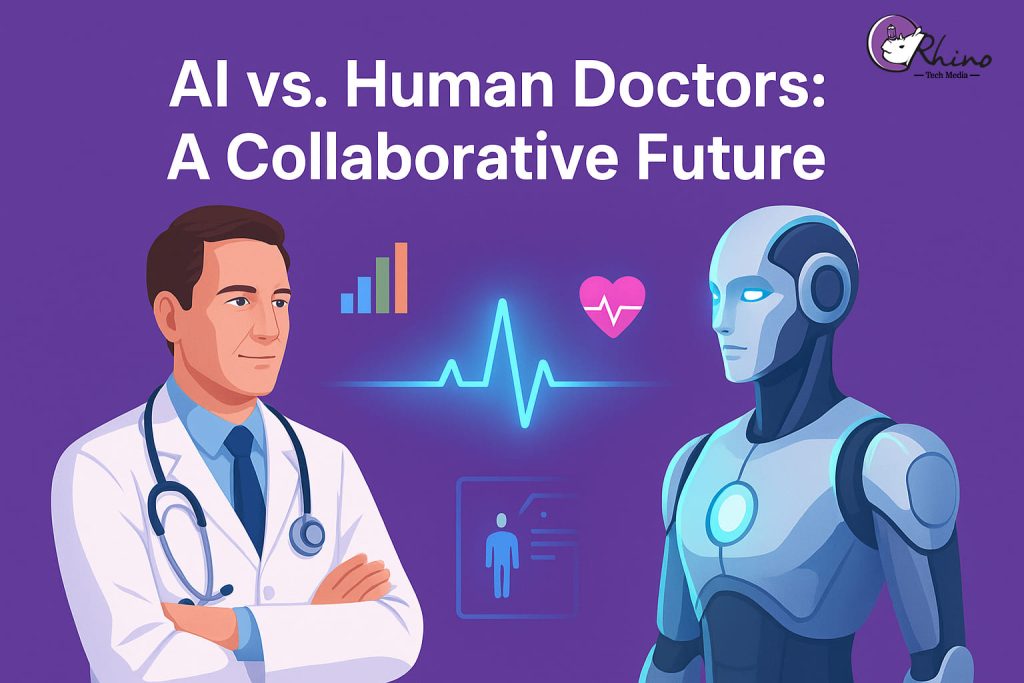In recent years, the field of healthcare has witnessed rapid advancements in artificial intelligence (AI). From diagnostic imaging to predictive analytics, AI systems are becoming powerful tools capable of processing vast amounts of data and identifying patterns that may escape human eyes. This development has sparked debate: Will AI replace human doctors, or will it serve as a supportive partner? The evidence suggests that the future of medicine lies not in competition between AI and physicians but in collaboration—where human expertise and technological innovation work hand in hand to improve patient care.
One of the primary advantages of AI in medicine is its ability to handle data at an unprecedented scale. AI algorithms can analyze millions of medical records, radiological images, or genomic sequences in seconds, offering diagnostic insights that might take humans months or years to uncover. For example, AI-powered imaging tools have shown accuracy comparable to, and sometimes exceeding, radiologists in detecting conditions like cancer or cardiovascular disease. By acting as a “second opinion,” AI can reduce diagnostic errors, streamline workflows, and free doctors to focus on the human aspects of care.
Despite these advantages, AI lacks a crucial element of medical practice: empathy. Patients do not simply seek treatment for symptoms; they need reassurance, trust, and a personal connection. A machine, no matter how sophisticated, cannot replicate the compassion or emotional intelligence that human doctors provide. Moreover, medicine often involves ethical judgments and nuanced decision-making that go beyond data-driven predictions. Doctors must weigh cultural, psychological, and personal factors—domains where AI is still limited.
Rather than replacing doctors, AI has the potential to augment them. For instance, AI can serve as a decision-support system, alerting physicians to potential risks or suggesting treatment options while leaving the final judgment to the human practitioner. In surgical contexts, AI-assisted robots can enhance precision, but it is the surgeon’s skill and judgment that guide the procedure. This symbiosis allows for a more efficient and accurate healthcare system while preserving the human touch that patients value most.
Looking ahead, the collaborative future of AI and doctors raises important considerations. Healthcare systems must ensure that AI tools are transparent, ethically designed, and free from biases that could harm vulnerable populations. Physicians will also need to adapt, learning to interpret AI-driven insights and integrating them responsibly into patient care. Ultimately, the most successful medical environments will be those where doctors and AI work as partners, each compensating for the other’s limitations.
In conclusion, the future of healthcare is not a contest between AI and human doctors but a collaboration that harnesses the strengths of both. AI brings speed, accuracy, and data-processing power, while doctors bring empathy, ethical reasoning, and a holistic understanding of the patient. Together, they can deliver more effective, personalized, and humane care. Far from replacing physicians, AI has the potential to empower them—marking the beginning of a new era where technology and humanity unite for the betterment of health.

